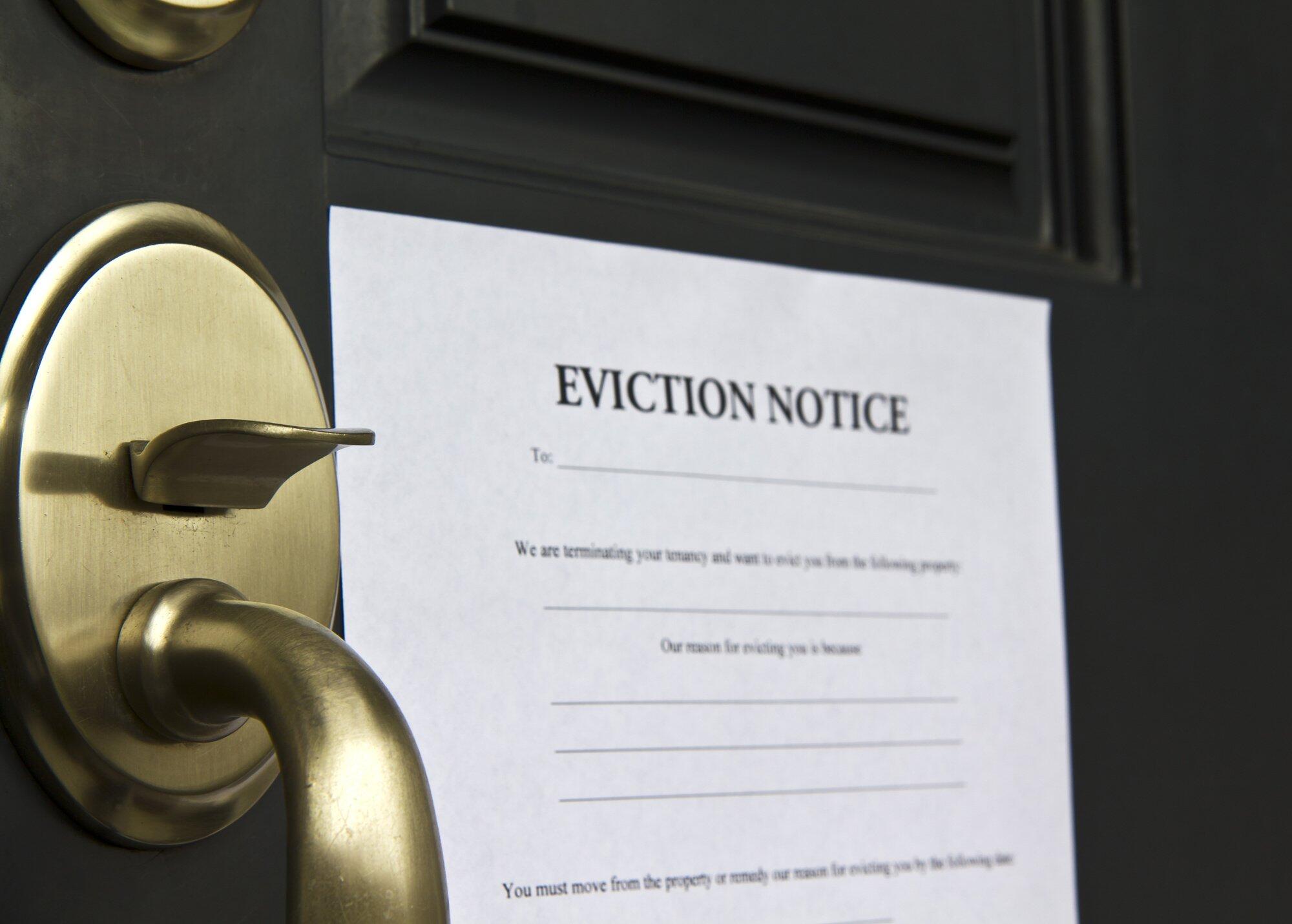
Who Pays Legal Fees for Eviction Processing?
It’s believed that there are nearly 3.6 million eviction cases each year. Evictions can be expensive and time-consuming affairs for everyone involved. However, despite their prevalence, there’s still a lot of confusion surrounding who pays for what.
This is particularly true when it comes to the legal fees required for evictions. Landlords likely believe that tenants should pay the fees, and tenants vice versa.
So who pays legal fees for eviction processes? And what types of fees can you expect to encounter? To help you learn, this guide will give you a brief breakdown of how the eviction process typically works.
How Does the Eviction Process Work?
Before we learn more about the legal fees associated with the process, it’s important to first understand exactly how eviction works. Following a lease agreement, evictions typically begin with a problem or lease violation.
Maybe someone isn’t paying rent or they broke the law on the rental property. To solve the problem, the landlord first needs to provide their tenant with a notice to fix the problem.
If the problem isn’t resolved, they need to wait a certain amount of time before they can file a complaint with the courts (the specific amount of time depends on state laws).
After filing, the landlord will have a court date set. The tenant will receive a summons. They can either wait to attend the hearing or answer the summons with a resolution.
If the matter goes to court, both the landlord and the tenant will make their cases before a judge. If the tenant wins, they get to stay on the landlord’s property. If the landlord wins, the judge will issue a court order against them.
They’ll have a certain time to leave the property by a certain time. If they don’t, the help of a sheriff will be required to forcibly remove them and their belongings.
Who Pays Legal Fees for Eviction Cases?
The answer to this question ultimately depends on specific state laws. Some states require landlords to pay all of the legal fees associated with an eviction.
Other states, like Florida or Texas, require tenants to pay for the legal fees or offer a fee waiver. Typically, if you live in a state like this, then the consequences surrounding evictions will be outlined in a lease.
However, it’s important to note that most states put the expectation of paying fees on the landlord. Generally, this is the most straightforward option.
Most landlords dealing with eviction are hemorrhaging money and need the fastest possible solution to get their tenants out. Assuming you win the case, you can sue the tenant in small claims court to get the legal fees back.
However, this is generally a waste of time, especially if the person was evicted because they couldn’t pay rent. If they can’t afford the cost of living, odds are they can’t pay for legal fees either.
What Types of Fees Can You Expect?
The initial fees you can expect are some court filing fees. These will vary depending on the state. However, they typically don’t cost more than a few hundred dollars. What can add up is your lawyer fees.
Technically, you don’t need the help of a lawyer in your eviction case. However, it’s heavily advised. Without one, your tenant likely has a good chance of winning the eviction case.
And if this happens, they’ll be allowed to stay on your property indefinitely. Your lawyer will make sure that all your paperwork is in order before you file.
They’ll also represent you in court and argue that your legal rights were broken according to the grounds present in your lease agreement.
If the eviction requires the help of a sheriff, you will also need to pay for their fees, which can add a few extra hundred dollars to the costs.
What Other Costs Should You Anticipate?
Unfortunately, the legal fees, which can sometimes range from hundreds to even thousands of dollars, are not the only eviction costs. The other thing you need to contend with is unpaid rent.
Many landlords rely on their rental income to pay for their living or mortgages. Depending on how long your eviction drags out, you could be faced with months of unpaid rent.
And sadly, most evictions do last quite a long time depending on your court’s caseload. Second, there’s the damage to your property.
Many problem tenants that require eviction never treated your property properly to begin with. Or worse, they intentionally trash it once they’re forced out. You could be faced with all of the repair costs as well.
Can You Recover Unpaid Rent?
The first way to recover unpaid rent is by collecting the individual’s security deposit. While this likely won’t cover the months of unpaid rent, it’s a good place to start.
After that, you can file a lawsuit in small claims court to collect any additional rent they might owe you. However, as we mentioned in the last section, there’s no guarantee that your tenants will be able to pay you.
What’s worse, this can add to the legal fees you face from the eviction process. Ultimately, the process depends on where you live, so make sure to research local laws.
For example, states like Florida and Arizona are extremely friendly to landlords, so it will likely be easier to recoup your unpaid rent there. Similarly, in Canada, there are multiple ways you can learn how to collect unpaid rent through legal aid.
This can include applying for an L1 or an L9. So make sure to research the local landlord laws where you live. Or consult with an eviction attorney.
Appreciate Learning About Eviction Fees? Keep Exploring
We hope this guide helped you answer the question, Who pays legal fees for eviction processing? As you can see, there’s no easy answer to this question.
Ultimately, it comes down to state laws, the terms of your lease agreement, and whether or not you pursue legal action afterward. As such, we recommend consulting with an eviction attorney.
Want more legal content like this? Keep exploring to find tons of similar topics on our website.








